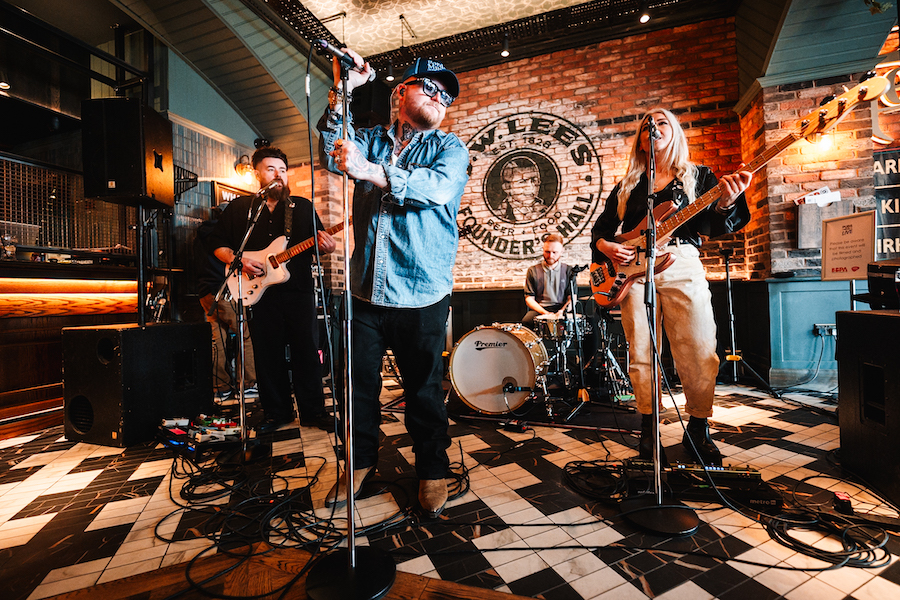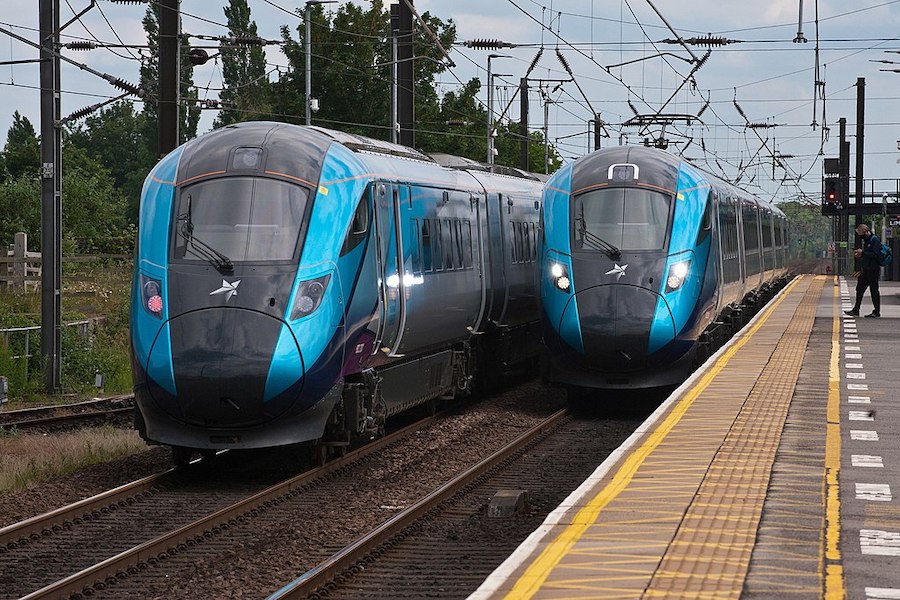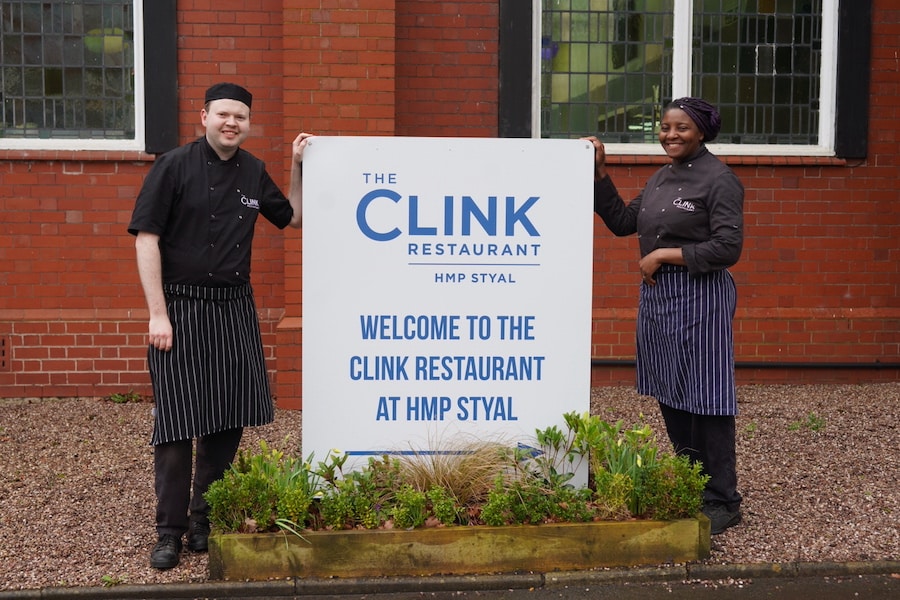Andy Burnham announces plan for an integrated, modern and accessible public transport system
- Written by Ray King
- Last updated 3 years ago
- City of Manchester, Travel & Hotels

Greater Manchester mayor Andy Burnham has launched Our Network, his ambitious ten-year plan to create an integrated, modern and accessible public transport system.
He outlined the projects and policies required to create a “world-class public transport system” in the region over four phases over the next decade.
Mr Burnham also unveiled an animated map showing how public transport connections across the city-region will grow and develop.
Our Network aims to be an integrated, simple and convenient London-style transport system allowing people to change easily between different modes of transport, with simple affordable ticketing and an aspiration to have a London-style cap across all modes.
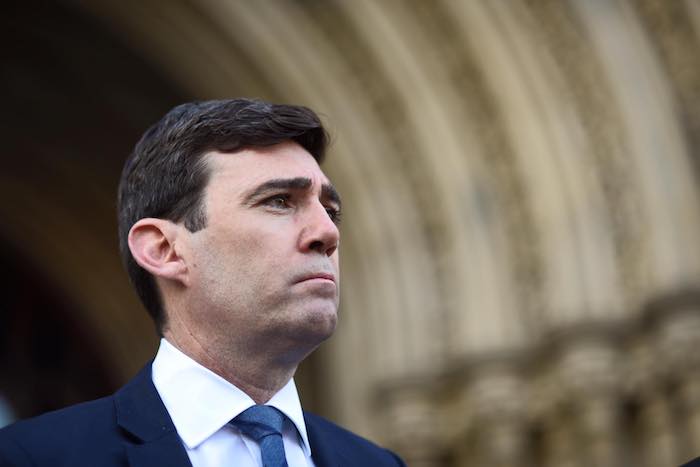
The plan also envisages orbital routes allowing people to travel around the city region as well as in and out of the city centre. Cycling and walking and bus will be accessible and convenient for short journeys, with interchanges and transport hubs enabling people to easily transfer to tram or train for longer journeys.
Our Network will also be built on the principles already governing Metrolink: convenient, affordable, sustainable (powered by renewable energy with zero emissions), accessible, and accountable.
The Mayor announced a key milestone in Greater Manchester’s bus reform proposals following the completion of an assessment into the future of the city-region’s bus market. Franchising has emerged as its preferred option.
Greater Manchester Combined Authority will decide on the proposals on Friday 28th June and if they are approved, an independent auditor will be appointed as a first step towards proceeding with a public consultation.
Greater Manchester is leading the way nationally as the first city-region seeking to make use of new powers under the Bus Services Act 2017 and the first to test this legislation.
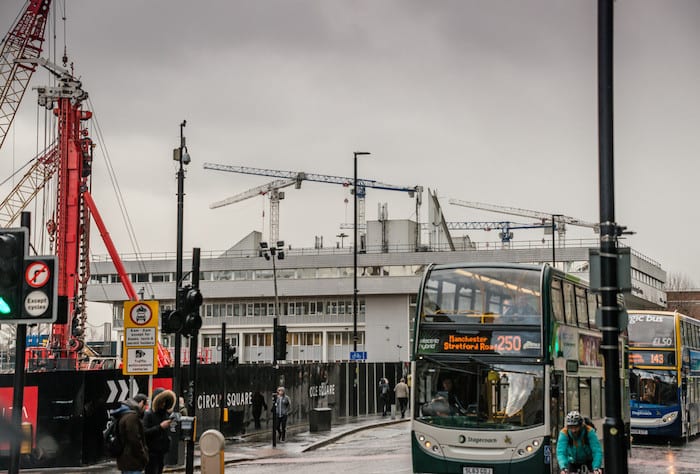
Franchising would amount to a revolution in how the buses are run. Since 1986 Greater Manchester buses have been deregulated and more than 30 private companies provide the services, setting their own routes, timetables and fares with no co-ordination between operators.
Franchising would enable Transport for Greater Manchester to decide routes, timetables, and vehicle standards and then approach bus companies to operate them.
But one of Greater Manchester’s biggest bus operators moved swiftly to slam Mr Burnham’s plans.
A Stagecoach spokesman said: “The Mayor has provided no evidence to support his claim that franchising is better than a partnership approach and he is keeping Greater Manchester’s taxpayers in the dark about the massive bill they would have to pay for a London-style bus system.
”Stagecoach has delivered £90m investment in greener buses for Manchester since 2010, provides unlimited weekly travel for around £2 a day, offers contactless and integrated multi-operator ticketing, with nine in 10 customers satisfied with their bus service. But this is not a choice between franchising and the status quo.
“The Mayor has had on his desk for months a compelling £100m blueprint from bus operators which could further transform the region’s bus network right now. It would deliver better services, new greener buses, better value fares and a way forward to address car congestion and air quality, which everyone agrees are two of the biggest challenges facing the region.
“People in Manchester and districts across the region must be asking why Transport for Greater Manchester has needlessly spent £23m of taxpayers money on consultants reports assessing franchising, when practical improvements have been delayed and the partnership solutions are already staring politicians in the face.”
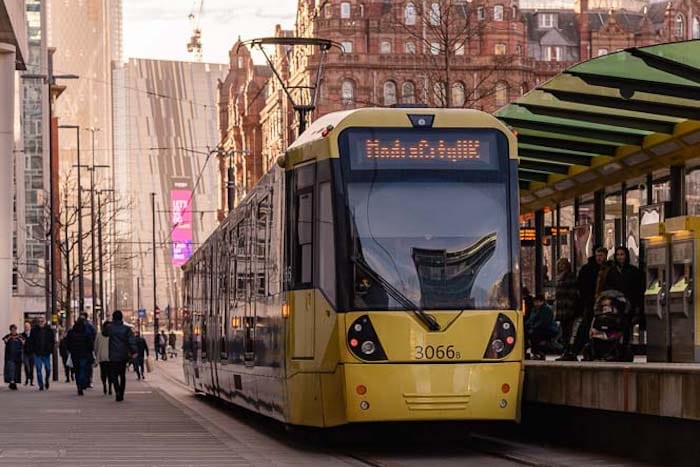
The Mayor also revealed that contactless payment will be introduced shortly on Metrolink and a new bike hire scheme – including electric bikes – will be launched in 2020.
Park and Ride schemes will be expanded at transport hubs and innovative partnerships with Google promise to improve travel information and advice.
Mr Burnham called on the government to devolve the required funding and powers, as recommended by the National Infrastructure Commission, to deliver the projects and close the gap in transport funding between the north and the south.
He said: “Our current public transport system is fragmented and unreliable, with often confusing ticketing and passenger information. A truly integrated transport network has the potential to transform Greater Manchester.
“By allowing people to easily and quickly move around our city-region we can unlock growth, cut congestion and air pollution and enable our residents to lead fulfilling and rewarding lives.”
He added: “Other vital parts of our integrated transport network will include more trams, a new bike hire scheme, free bus travel for 16-to-18-year olds, contactless payment on Metrolink, expanded Park and Ride, pathfinder tram-train projects and setting out our ambition for GM Rail.
“To achieve our full transport ambition, Greater Manchester needs the infrastructure and the necessary political powers. For too long, central government has over promised and under delivered when it comes to the North.
“If the next government is serious about closing the North-South divide, a critical step forward will be empowering us with the necessary powers and funding to improve our transport. I will be making this case strongly in the next Spending Review on behalf of the people and businesses of Greater Manchester.”
The trial of Our Pass, free bus travel for the city-region’s 16-to-18-year olds, launches in July for applications.
The Metrolink line to Trafford Park is set to open early next year when the first of 27 new trams are due to arrive and 1,000 new parking spaces are promised by the end of 2020.
Further extension of the network – including completion of the Airport Loop and lines to Middleton and Port Salford – are to be explored.
Three “tram-train” pathfinder studies will be undertaken on routes from Oldham to Heywood, Mancherster city centre to Hale and Wilmslow to Manchester Airport via Styal.
Greater Manchester has also restated its total commitment to HS2 and Northern Powerhouse Rail.
- This article was last updated 3 years ago.
- It was first published on 24 June 2019 and is subject to be updated from time to time. Please refresh or return to see the latest version.
Did we miss something? Let us know: press@ilovemanchester.com
Want to be the first to receive all the latest news stories, what’s on and events from the heart of Manchester? Sign up here.
Manchester is a successful city, but many people suffer. I Love Manchester helps raise awareness and funds to help improve the lives and prospects of people across Greater Manchester – and we can’t do it without your help. So please support us with what you can so we can continue to spread the love. Thank you in advance!
An email you’ll love. Subscribe to our newsletter to get the latest news stories delivered direct to your inbox.
Got a story worth sharing?
What’s the story? We are all ears when it comes to positive news and inspiring stories. You can send story ideas to press@ilovemanchester.com
While we can’t guarantee to publish everything, we will always consider any enquiry or idea that promotes:
- Independent new openings
- Human interest
- Not-for-profit organisations
- Community Interest Companies (CiCs) and projects
- Charities and charitable initiatives
- Affordability and offers saving people over 20%
For anything else, don’t hesitate to get in touch with us about advertorials (from £350+VAT) and advertising opportunities: advertise@ilovemanchester.com
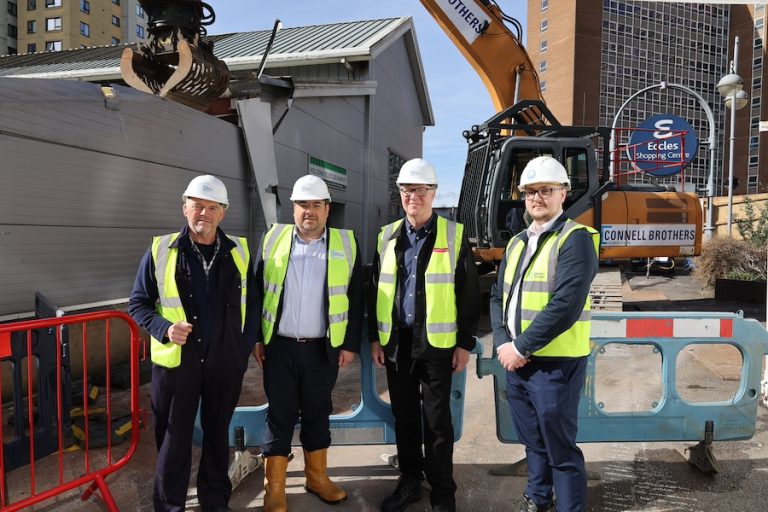
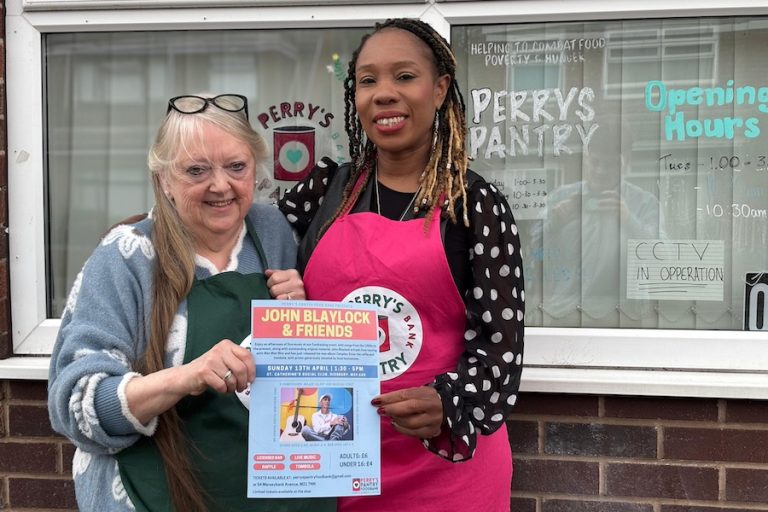
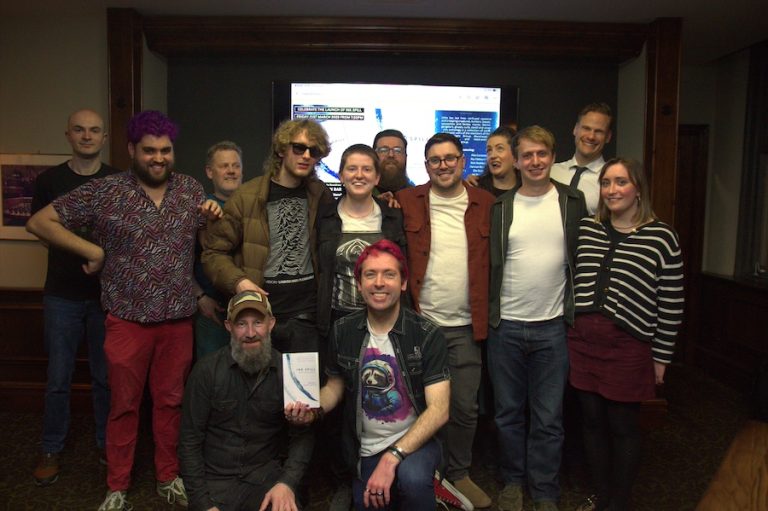
The eclectic group that’s been helping writers cut their teeth for 50 years

“His presence will be deeply missed” Children’s hospice bids farewell to their visionary CEO

Has Gordon Ramsay created Manchester’s ultimate bottomless brunch?







